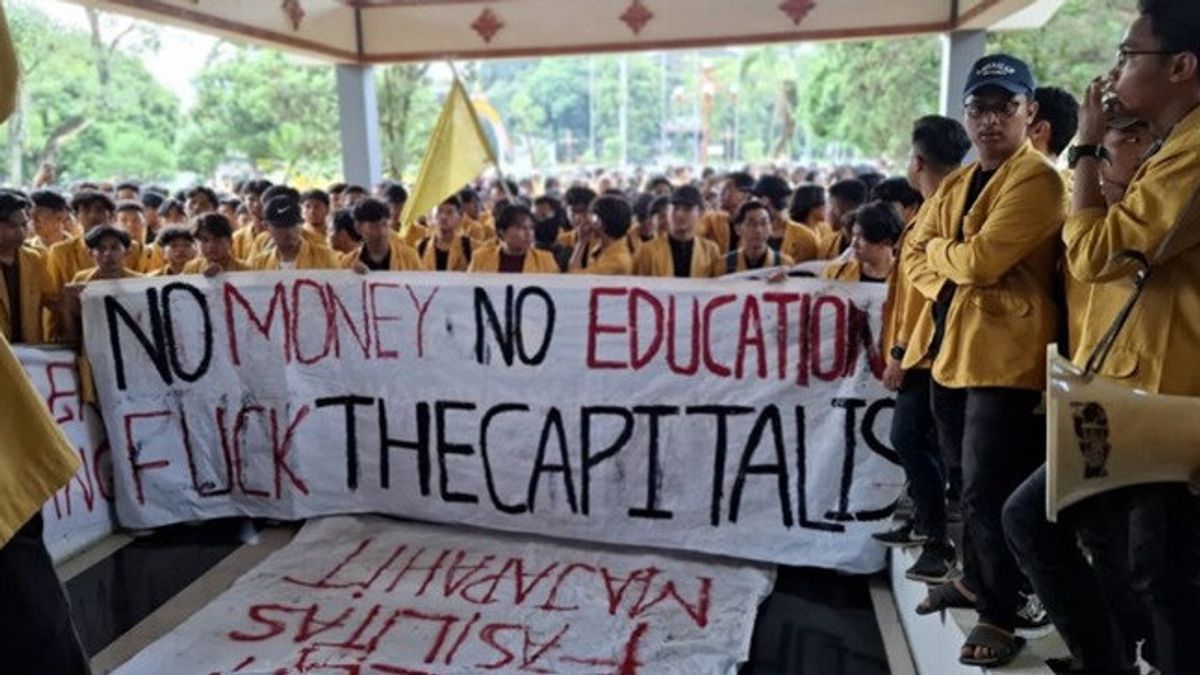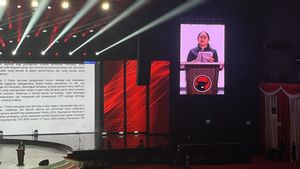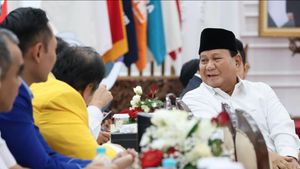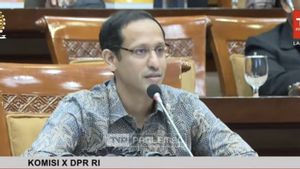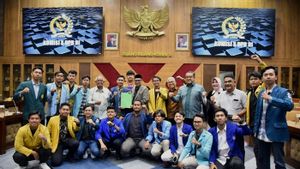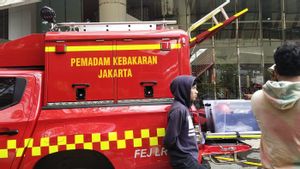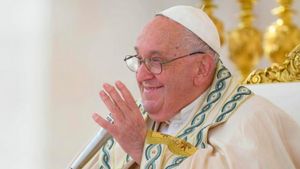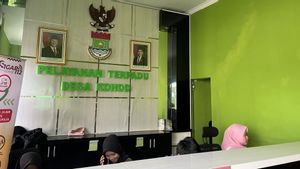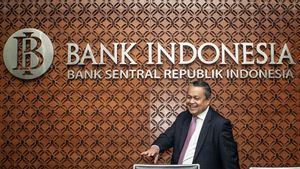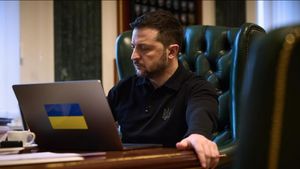The issue of increasing the Single Tuition Fee (UKT) at State Universities (PTN) is once again in the public spotlight. Various elements of society, from students to political figures, have voiced their dissatisfaction with this policy. In the V PDIP National Working Meeting, the party recommended a revision of the Minister of Education and Culture's Regulation regarding UKT at PTN. This step is expected to reduce unrest among students who feel burdened.
Prabowo Subianto, Minister of Defense who is also President-elect, reminded that PTN was built with people's money. Therefore, according to him, UKT should be minimal or even free. However, UKT increases continue to occur, making it difficult for many students to access higher education. Vice President Ma'ruf Amin suggested that the burden of increasing the UKT be shared between the government, students and campuses.
The Minister of Education and Culture, Nadiem Makarim, promised to stop unreasonable UKT increases, but emphasized that the increase only applies to new students. This statement drew criticism, including from DPR members such as Dede Yusuf, who questioned the large education budget allocation.
In 2024, as stated by the Deputy Chair of Commission X DPR, Dede Yusuf, the education budget allocation in the APBN will reach IDR 665 trillion. This figure shows the government's commitment to improving the quality and access to education in Indonesia. However, even though education funding continues to increase every year, the UKT increase policy remains a matter of controversy. Many parties question the effectiveness of using this budget in reducing the burden of higher education costs.
The increase in UKT at PTNs is not only a debate regarding the financial burden on students, but also touches on broader aspects of education policy. The statement from the Ministry of Education and Culture that higher education is a tertiary need sparked anger among many parties. DPR Commission X firmly stated that this statement was inconsequential and questioned whether poor people were prohibited from studying.
The increase in UKT at PTN is also linked to PTN's status as a Legal Entity State University (PTNBH), which has greater autonomy in financial management. Several education observers said that PTNBH spurred PTNs to pursue financial autonomy, thus increasing the UKT significantly.
SEE ALSO:
Reporting from Kompas, for example, in 2024, the University of Indonesia (UI), the starting fee for independent students in the Medicine study program will reach IDR 161 million. Bogor Agricultural Institute (IPB), Bachelor of Management Study Program: UKT reaches IDR 12 million, from previously IDR 10 million. Undergraduate Medicine Study Program: UKT increased from IDR 20 million to IDR 25 million. Or Riau University (Unri), Department of Medicine: maximum UKT increases from IDR 23,400,000 to IDR 38,300,000. Those are just a few examples. Several other state campuses also have UKT increases with varying numbers depending on the study program.
The case of an increase in UKT at several PTNs shows that there is a misalignment between the goals of campus autonomy and students' financial capabilities. Muhadjir Effendy, Coordinating Minister for Human Development and Culture, asked the Ministry of Education and Culture for an explanation regarding the sudden increase.
From this series of events, it is clear that education policies that should prioritize accessibility and fairness have instead sparked dissatisfaction and protests. The increase in UKT reflects various structural problems in our higher education system. First, looking at education policy from a people's economic perspective, where higher education should be accessible to all groups without exception. Second, the government's role in ensuring affordable education, considering that PTNs are built from public funds. Third, the implications of campus autonomy for the educational costs that students must bear.
As a country that upholds education for all, burdensome policies actually betray that principle. Education is a right, not a privilege or privilege. When access to higher education is hampered by costs, we lose the potential of the nation's next generation who should be the innovators of the future.
So, there needs to be a thorough evaluation of the UKT policy at PTN. The government must find a fair and wise solution, which not only considers the financial sustainability of the campus, but also the purchasing power and educational rights of the people. Only then, we can ensure that higher education truly becomes a bridge to a better future for all the nation's children.
As President-elect Prabowo Subianto said, don't think that everything can become a market. Education is a public good. Social obligations for a country.
The English, Chinese, Japanese, Arabic, and French versions are automatically generated by the AI. So there may still be inaccuracies in translating, please always see Indonesian as our main language. (system supported by DigitalSiber.id)
